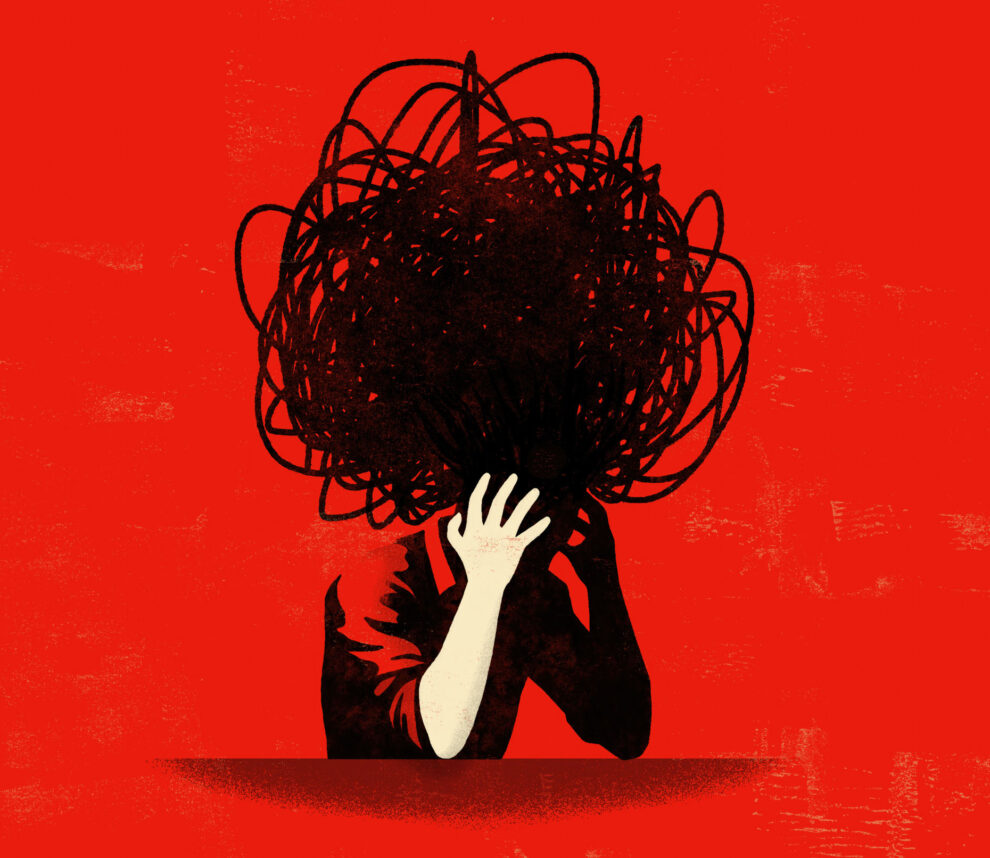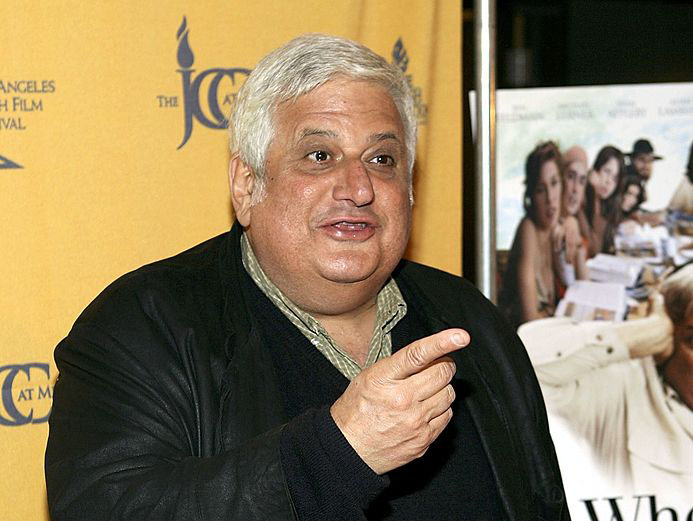On erev Yom Kippur I received a phone call from the mother of a beloved congregant, Will Korthof, telling me that Will had been killed in a motorcycle accident. It was the day after his 36th birthday.
Will was a man loved by countless people in many diverse communities — he was a conservationist, environmental activist, alternative energies “guru,” small-business owner, philanthropist, peace worker, avid marathon runner, driver and passionate advocate for electric vehicles (EV), motorcyclist, vegan, kind and caring uncle, brother, son, grandson, lover, friend. Will installed hundreds of EV charging stations and solar panel arrays on rooftops at homes, businesses, apartment buildings, Burning Man encampments and at Beth Chayim Chadashim (BCC), where he also dedicated panels for our ner tamid and sukkah. Will literally brought sunlight wherever he went, no matter the time of day.
Will was an engineer, a technician and designer of these systems. He was also a mensch. One reason he started his first solar company was because he knew so many people in need of a job. If you were broke but willing to work, Will would find you a job. His friends called it going on “Will-fare.”
In 1999, while still in college at Cal Poly Pomona, Will started a community called the Regenerative Cooperative of Pomona. At the time of his death, he was still living in this “intentional community” with people who shared his enthusiasm for green living — he retrofitted the communal homes with gray water/rainwater catchment and energy efficiency systems, sustainable landscaping and rooftop solar arrays. In addition to “Will-fare,” there was also “Will Power.”
 Photo by Phuong Vo
Photo by Phuong Vo
At BCC we first got to know him because he donated and installed the solar-power system for our new synagogue, but we came to love Will for who he was — the one who would visit a congregant in a nursing home or make sure any congregant in a wheelchair got “enough” chocolate babka at the oneg; the guy who fearlessly climbed the really tall ladder to change light bulbs in the sanctuary or to redo the outside lighting on the building; the one who drove his EV in from Pomona after a long day of work, plugged it into the charging station that he had donated and installed, and then proceeded to design and set up special lighting for the Purim shpiel or musical cabaret, all with a smile on his face and meaningful conversation on his tongue. Serving on our board of directors and as chair of our House Committee, Will looked for economical ways to accomplish things, even if that meant extra volunteer hours for him, and at the same time he encouraged us to increase benefits and cost-of-living increases for staff. If our water or gas or electric bills (even with solar panels) seemed too high to him, he made changes.
Our former executive director, Felicia Park-Rogers, worked closely with Will:
“Will donated countless hours and tens of thousands of dollars of in-kind services (as well as actual dollars) to BCC. And he was so unassuming and easy about it. I often think of him as a role model for generosity. Will was the only other person who could talk as endlessly and obsessively as me about every light switch or building plan that we wish we had thought of doing just a little bit differently, if only we’d known then what we knew now.”
 Photo by Neil Wiener
Photo by Neil Wiener
When Will’s maternal grandmother and his father died just a few weeks apart, Will was there for his mother and dear friend, Lisa Rosen. He could shoulder a lot of burdens and still use his arms for hugging. Lisa noted that Will had just recently come into a particularly happy time in his life. Even as we mourn losing him, we are grateful that he did indeed die happy, celebrating his double chai birthday at 36.
How poignant, and somehow appropriate, that the gathering to inter Will’s ashes (another decision made based on conserving resources) took place during Sukkot. Sukkot, the harvest festival, looks toward planting the next crop (reminding us to appreciate what we have even as we plan for the future). The holiday, fittingly a favorite of Will’s, has as its symbol the sukkah, and acknowledges, celebrates, the fragility of life by insisting that we dwell in temporary shelter, partially protected but mostly exposed to the elements, in order that we might appreciate our vulnerability.
Climbing mountains, running through deserts, perched high up on a ladder or rooftop, or even on the back of a motorcycle, Will was more comfortable than most of us with life’s precariousness.
“Who shall live and who shall die?” we ask every year when the Days of Awe come around, never wanting an answer like this. How appropriate, for our solar-powered, marathon-running mensch, Will Korthof, that under the sukkah we read Kohelet’s sad and sage advice: “Embrace life with the one[s] you love all the fleeting days that are given you under the sun, all the fleeting days.” [9:9]





















 More news and opinions than at a Shabbat dinner, right in your inbox.
More news and opinions than at a Shabbat dinner, right in your inbox.